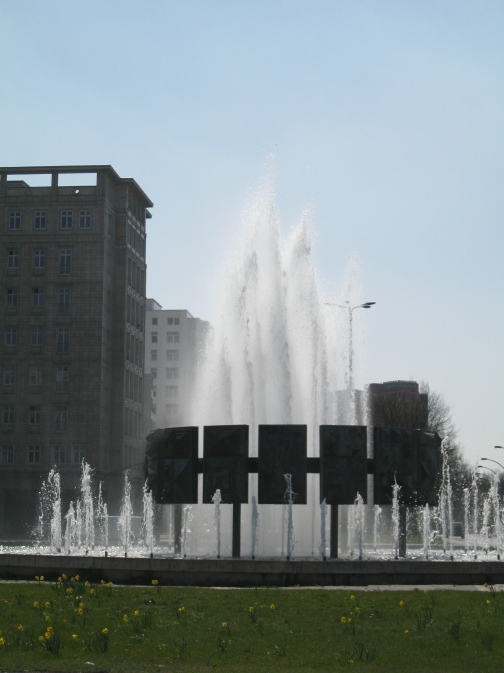A while ago, I received an e-mail from a former student and singer who has now a Festvertrag at a German opera house, inquiring about the “ch” sound. Besides the combination chs which creates an x-sound like in wachsen (to grow) or Lachs (salmon) or the word for lynx, Luchs (not spelled Lux as I learned last night), there are two ch-sounds that interests us most:
– the one we generate in the back of the throat as if we want to get rid of a crumb, like in ach or in der Hölle Rache kocht;
– the one we generate behind our front teeth, not quite a sch like in “shoe”, more like the sound New Yorkers create when they roll their eyes and say the word “huge” to emphasize something really, really, really huge. We find it in ich, nicht or München.
The singer asked if there is “a rule allowing us to know which sound to make” when looking at a text.
Yes, there are several rules.
They have to do with vowels, umlauts and diphthongs preceding the ch.
We pronounce ch like in ach…
– when it is preceded by the vowels a, o and u like in Rache, Loch (hole) and suchen,
– when it is preceded by the diphthong au like in Bauch or rauchen (god forbit),
– never, when it is at the beginning of the word.
We pronounce ch like in ich…
– often when it is at the beginning of the word, like in China and Chemie, but not always. The ch of words like Chor or Cherub have a k-sound. We pronounce words of French origin like charmant or chic with the full sch-sound.
– when it is preceded by the vowels e and i like in Pech (bad luck) and Michael,
– when it is preceded by the diphthongs eu and ei like in meucheln (to murder) and schleichen (to sneak),
– in the diminuitive suffix chen like in Mädchen and Tischchen (try it: Tisch pause chen),
– when it is preceded by an umlaut like in rächen (to revenge), Köchelverzeichnis and schüchtern (shy). When a singular noun becomes plural, the ch-sound like in ach changes to the ch-sound like in ich, preceded by an umlaut: Dach (roof) and Dächer, Buch and Bücher, Loch and Löcher.
Be aware that there are words with two ch and both sounds, like Nachricht.
Practise: Manche Mädchen möchten lachen oder lächeln oder einfach lächerliche Sachen machen.

